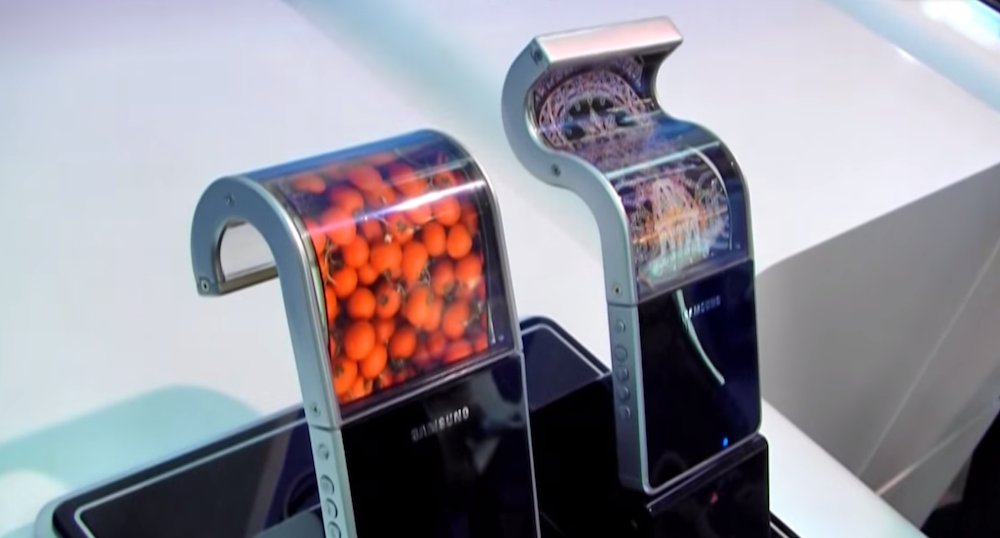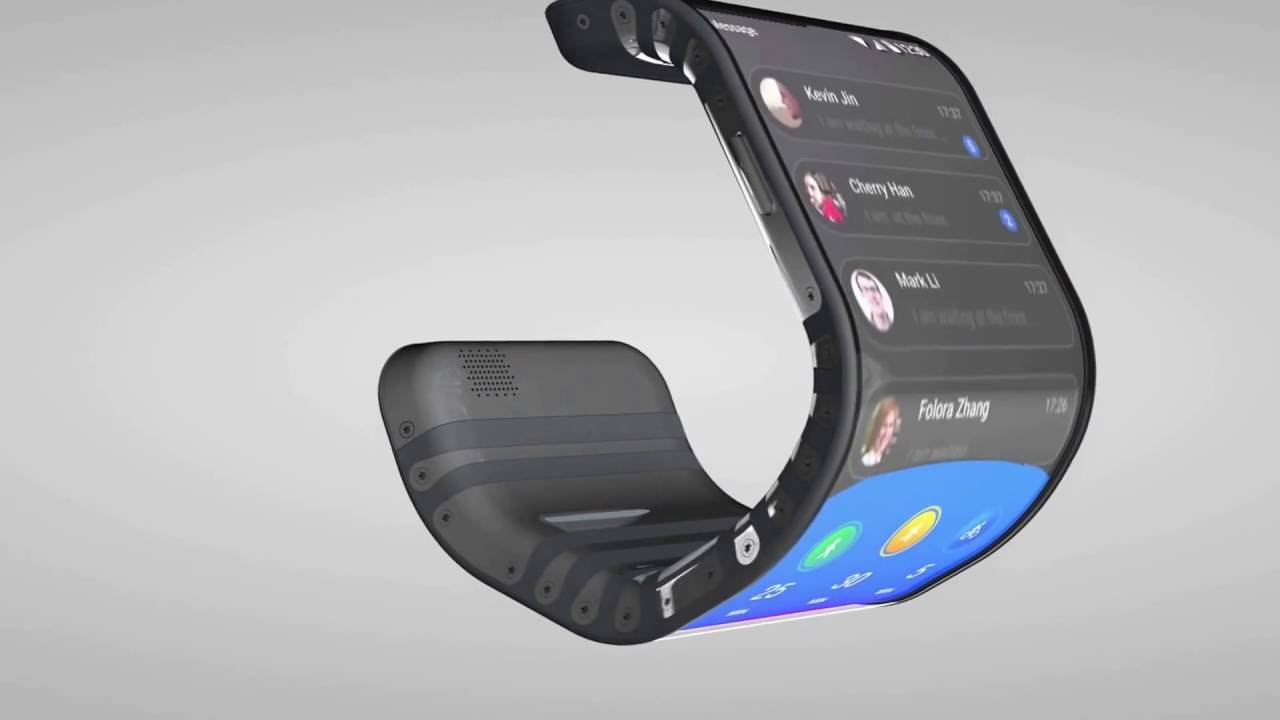
A little-known startup in China is gunning to be the first to sell bendable smartphones this year, seeking to upstage Samsung Electronics Co., which has started to dabble in flexible-screen technology.
Moxi Group, based in Chongqing, says it will ship 100,000 of the devices in 2016. They are, at the very least, unique. The phones, which will sell for about 5,000 yuan ($765) apiece, are designed to be rolled into a bracelet and worn on the wrist. The touchscreens work when curled up, or can be unfurled into rectangles to use just like any other smartphone.
.jpg)
The smartphone is developed by Moxi Group, a company based in Chongqing, China. Source: Moxi Group
For now, the gadgets will only feature black and white displays. with a color version to follow later. Still, that gives Moxi enough bragging rights to beat out other smartphone makers in being first to release bendable products.
"Black and white phones are much easier to make," said Chongsheng Yu, Moxi’s executive vice president. "The color model power usage is also much higher than that of the black and white unit. We’ll sell in China and if there’s demand overseas, we’ll look into it."
The wobbly screens are based on graphene technology, where carbon atoms are arranged in a specific pattern to make them more conductive and resilient. Instead of putting all the smartphone’s parts behind the flexible screen, Moxi crammed the battery, processor and the other components into one end of the gadget. That enables the display to almost bend into a full circle. A key question is how good the screen will be.

"If they’re using flexible e-ink then it’s a real loser," said Roel Vertegaal, director of the Human Media Lab at Queen’s University in Canada, which showed off its own prototype of a bendable phone using the technology five years ago. "It was the only flexible technology we could get, but the colors are poor, the contrasts are poor and you can’t play videos on it."
Yu said the bendable phone is based on e-ink, which is also used in Amazon.com Inc.'s Kindle devices, but it's superior than what's been seen before because it uses better touchscreen capabilities.
.jpg)
Still, the desire to find a new hit product is fueling efforts to introduce bendable phones. Moxi, whose official corporate name is Chongqing Graphene Tech Co., is seeking to make the most of a technology that could eventually help to boost sales in a market that’s starting to decelerate. Smartphone sales in the $423 billion industry declined for the first time ever in the first three months of the year, according to Strategy Analytics.
"If you make a working, bendable phone then it’s a massive market," said Aravind Vijayaraghavan, a graphene researcher at Manchester University. "If they’re going to release it commercially this year I’d be thoroughly impressed. If you have a low-resolution black and white screen that is not terribly reliable, then that’s not a commercial prospect."

Source: bloomberg.com
